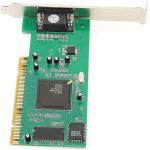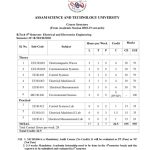Power Up Your Skills With Electronics 2nd Year: Unlock Your Full Potential Today!
Electronics 2nd Year: A Comprehensive Guide
Introduction
Hello, Readers! Welcome to our comprehensive guide on electronics 2nd year. In this article, we will delve into the world of electronics and provide you with valuable information about the second year of studying this fascinating field. Whether you are a student or simply interested in electronics, this guide will equip you with the knowledge you need to succeed.
3 Picture Gallery: Power Up Your Skills With Electronics 2nd Year: Unlock Your Full Potential Today!
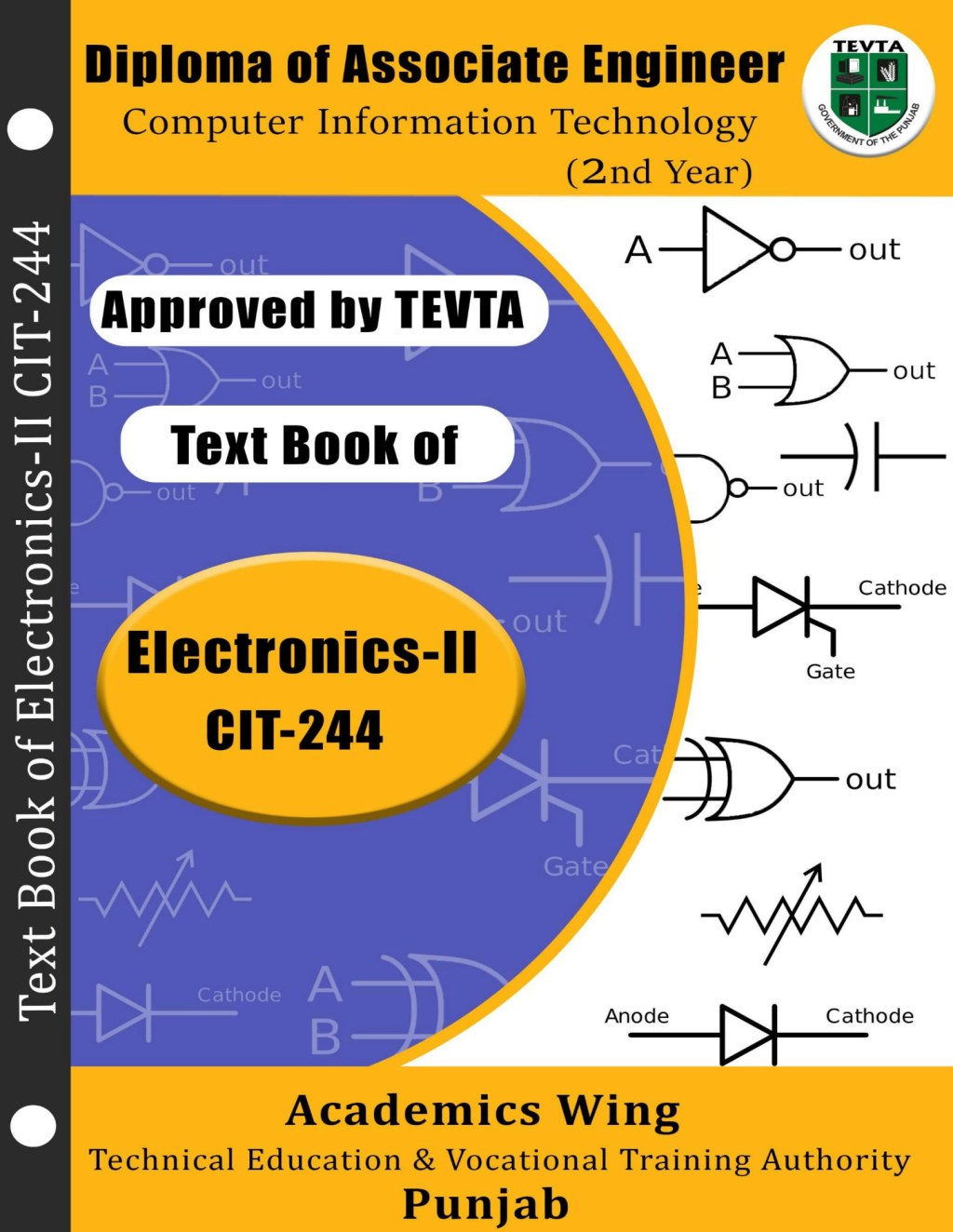
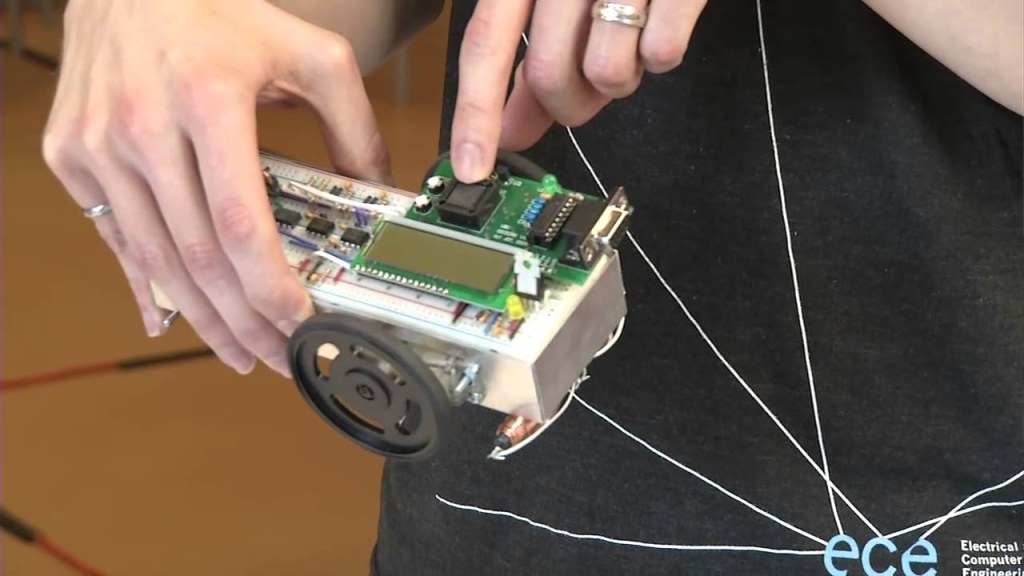
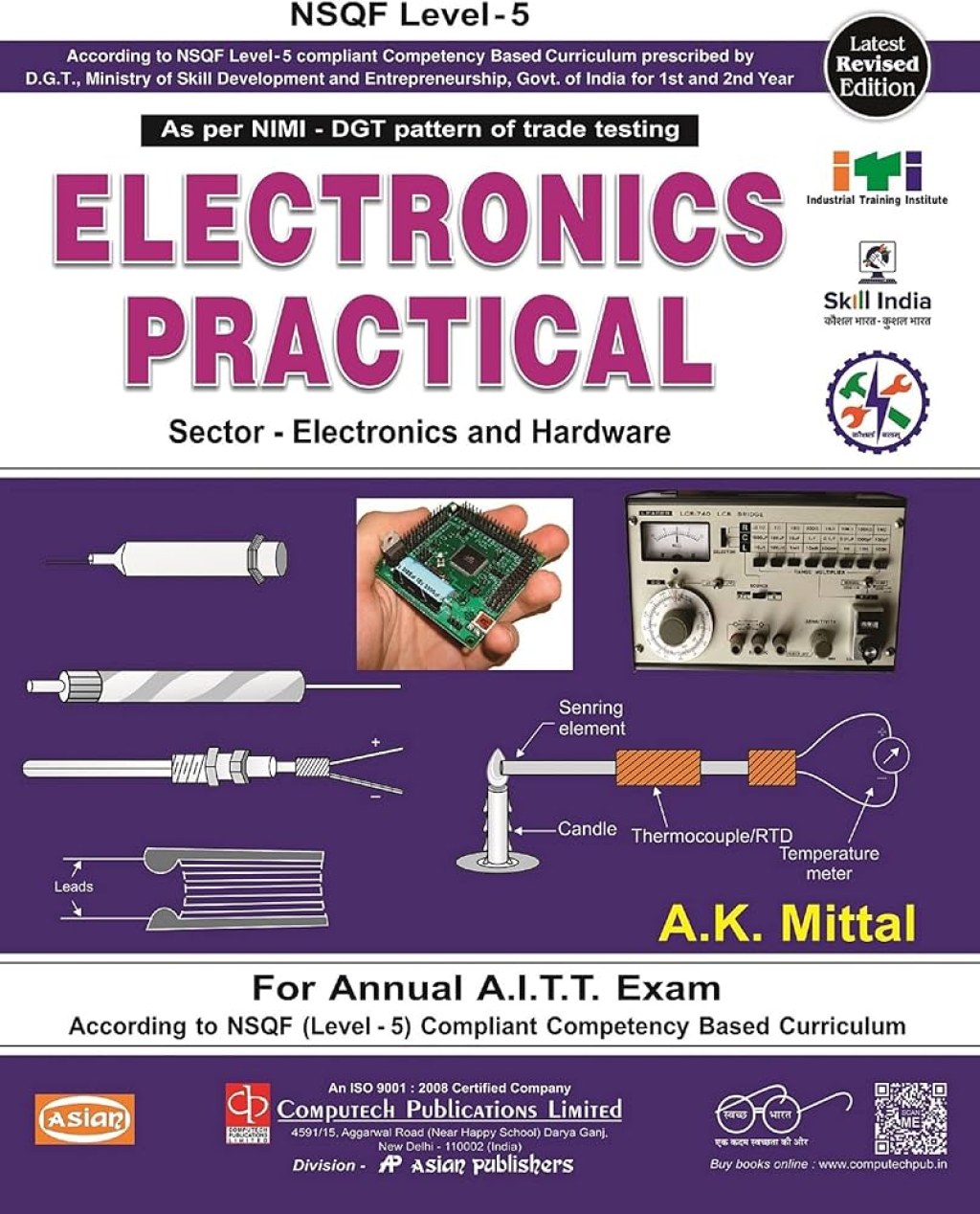
Nowadays, electronics play a crucial role in our daily lives. From smartphones to computers, from home appliances to transportation systems, electronics are everywhere. As technology continues to advance, the demand for skilled electronics professionals is on the rise. Therefore, understanding the concepts and principles of electronics is essential.
In this guide, we will cover various aspects of electronics 2nd year, including its definition, importance, curriculum, and career prospects. So, let’s dive in and explore the exciting world of electronics!
Table of Contents
Introduction
What is Electronics 2nd Year?
Who Should Consider Electronics 2nd Year?
When Should You Pursue Electronics 2nd Year?
Where Can You Study Electronics 2nd Year?
Why Choose Electronics 2nd Year?
How to Succeed in Electronics 2nd Year?
Advantages and Disadvantages of Electronics 2nd Year
FAQs about Electronics 2nd Year
Conclusion
Final Remarks

Image Source: amazonaws.com
What is Electronics 2nd Year?
🔍 Electronics 2nd year is an academic program that focuses on building a deeper understanding of electronic systems, circuits, and devices. It is a continuation of the first year and covers advanced topics in electronics. Students in the second year typically have a solid foundation in basic electronics and are ready to explore more complex concepts.
📚 The curriculum of electronics 2nd year includes subjects such as digital electronics, analog circuits, microprocessors, communication systems, and more. Students will gain hands-on experience through laboratory work, projects, and practical assignments.
💼 Upon completion of the second year, students will have acquired the necessary knowledge and skills to pursue various career paths in electronics, such as electronic design, research and development, telecommunications, and automation.
Who Should Consider Electronics 2nd Year?

Image Source: ytimg.com
🔍 Electronics 2nd year is suitable for students who have a keen interest in electronics and wish to deepen their understanding of the subject. It is an ideal choice for those who have completed the first year of electronics studies and want to continue their education in this field.
💡 Additionally, individuals who are passionate about technology, problem-solving, and innovation will find electronics 2nd year highly rewarding. It provides a solid foundation for a career in the electronics industry.
When Should You Pursue Electronics 2nd Year?
🔍 If you have completed the first year of electronics studies, you can typically enroll in the second year. The exact timing may vary depending on the educational institution and the specific program. It is important to consult with your academic advisor or the institution to determine the appropriate timing for pursuing electronics 2nd year.
Where Can You Study Electronics 2nd Year?

Image Source: media-amazon.com
🔍 Electronics 2nd year programs are offered by numerous universities, colleges, and technical institutes around the world. Some renowned institutions known for their excellence in electronics education include Massachusetts Institute of Technology (MIT), Stanford University, University of California, Berkeley, and many more.
🌍 Whether you prefer studying locally or pursuing international opportunities, there are various options available to suit your preferences. It is advisable to research different institutions and their specific programs to find the one that aligns with your goals and aspirations.
Why Choose Electronics 2nd Year?
🔍 Electronics 2nd year offers several advantages and opportunities for students. Here are some compelling reasons why you should consider choosing electronics 2nd year:
1️⃣ In-depth Knowledge: The second year of electronics studies allows students to delve deeper into advanced topics and gain a comprehensive understanding of electronic systems and devices.
2️⃣ Career Prospects: With the rapid advancement of technology, the demand for skilled electronics professionals is on the rise. Electronics 2nd year equips you with the knowledge and skills necessary to pursue a successful career in this field.
3️⃣ Hands-on Experience: Through laboratory work, projects, and practical assignments, students in electronics 2nd year gain valuable hands-on experience, which is essential for future endeavors in the electronics industry.
4️⃣ Networking Opportunities: Studying electronics 2nd year allows you to connect with like-minded individuals, professors, and industry experts. Building a strong network can open doors to internships, job opportunities, and collaborations.
5️⃣ Personal Growth: Electronics 2nd year challenges students to think critically, solve problems, and foster innovation. It nurtures essential skills such as analytical thinking, teamwork, and adaptability, contributing to personal and professional growth.
How to Succeed in Electronics 2nd Year?
🔍 Succeeding in electronics 2nd year requires dedication, effort, and effective strategies. Here are some tips to help you excel in your studies:
1️⃣ Stay Organized: Create a study schedule and prioritize your tasks. Make sure to allocate sufficient time for each subject and review regularly.
2️⃣ Seek Clarification: If you encounter any difficulties or have questions, don’t hesitate to reach out to your professors or classmates. Clearing your doubts promptly will enhance your understanding of the subject.
3️⃣ Engage in Practical Work: Take full advantage of laboratory sessions and practical assignments. Hands-on experience will solidify your theoretical knowledge and enhance your problem-solving skills.
4️⃣ Collaborate and Communicate: Participate actively in group projects and discussions. Collaborating with fellow students will expose you to diverse perspectives and foster teamwork abilities.
5️⃣ Stay Updated: Stay informed about the latest developments and advancements in the field of electronics. Subscribe to relevant journals, attend conferences, and engage in continuous learning.
Advantages and Disadvantages of Electronics 2nd Year
🔍 Like any academic program, electronics 2nd year has its advantages and disadvantages. Let’s examine them in detail:
Advantages:
1️⃣ Advanced Knowledge: Electronics 2nd year provides a deeper understanding of complex electronic systems and devices.
2️⃣ Increased Career Opportunities: Completion of the second year opens doors to a wide range of career paths in the electronics industry.
3️⃣ Practical Experience: Laboratory work and assignments offer hands-on experience, making you industry-ready.
4️⃣ Personal Growth: Electronics 2nd year nurtures essential skills like critical thinking, problem-solving, and teamwork.
5️⃣ Networking: By studying electronics 2nd year, you can connect with professionals and peers, enhancing your professional network.
Disadvantages:
1️⃣ Challenging Curriculum: The second year of electronics studies can be demanding and require dedication and hard work.
2️⃣ Time-Intensive: Electronics 2nd year may require a significant time commitment, especially for practical assignments and projects.
3️⃣ Technical Complexity: Advanced topics in electronics can be complex, requiring a strong foundation in the basics.
4️⃣ Continuous Learning: Electronics is a fast-evolving field, and staying updated with the latest advancements is essential.
5️⃣ Workload Management: Balancing coursework, projects, and other commitments can be challenging.
FAQs about Electronics 2nd Year
1. What are the prerequisites for enrolling in electronics 2nd year?
🔍 Prerequisites for electronics 2nd year may vary depending on the educational institution. However, typically, completing the first year of electronics studies is a common requirement.
2. Can I pursue a career in electronics without completing the second year?
🔍 While completing electronics 2nd year provides a deeper understanding and enhances career prospects, it is possible to enter the electronics industry with a lesser degree of education. However, the knowledge and skills acquired in the second year can significantly contribute to your success in this field.
3. Can I switch to a different specialization within electronics after completing the second year?
🔍 Yes, after completing the second year, you may have the opportunity to specialize in specific areas within electronics, such as digital electronics, power systems, or telecommunications. Many educational institutions offer various specialization options to cater to students’ diverse interests.
4. Are there job opportunities available after completing electronics 2nd year?
🔍 Yes, completing electronics 2nd year opens up numerous job opportunities in the electronics industry. Some potential career paths include electronic design engineer, research and development engineer, telecommunications specialist, automation engineer, and more.
5. How can I stay updated with advancements in the field of electronics?
🔍 Staying updated in the dynamic field of electronics is crucial. To do so, you can subscribe to industry publications, join professional organizations, attend conferences, and engage in continuous learning through online courses and workshops.
Conclusion
In conclusion, electronics 2nd year offers a comprehensive understanding of electronic systems, circuits, and devices. It equips students with the necessary knowledge and skills to pursue a successful career in the electronics industry. By delving into advanced topics, gaining practical experience, and fostering personal growth, electronics 2nd year sets the foundation for a rewarding future in this ever-evolving field.
Final Remarks
🔍 In this fast-paced technological era, electronics play a crucial role in shaping our world. However, it is important to note that success in the field of electronics requires continuous learning and adaptability. As you embark on your journey through electronics 2nd year, remember to stay curious, embrace challenges, and strive for excellence. Your passion for electronics will fuel your success and contribute to a better and more innovative future.
This post topic: Electronics
